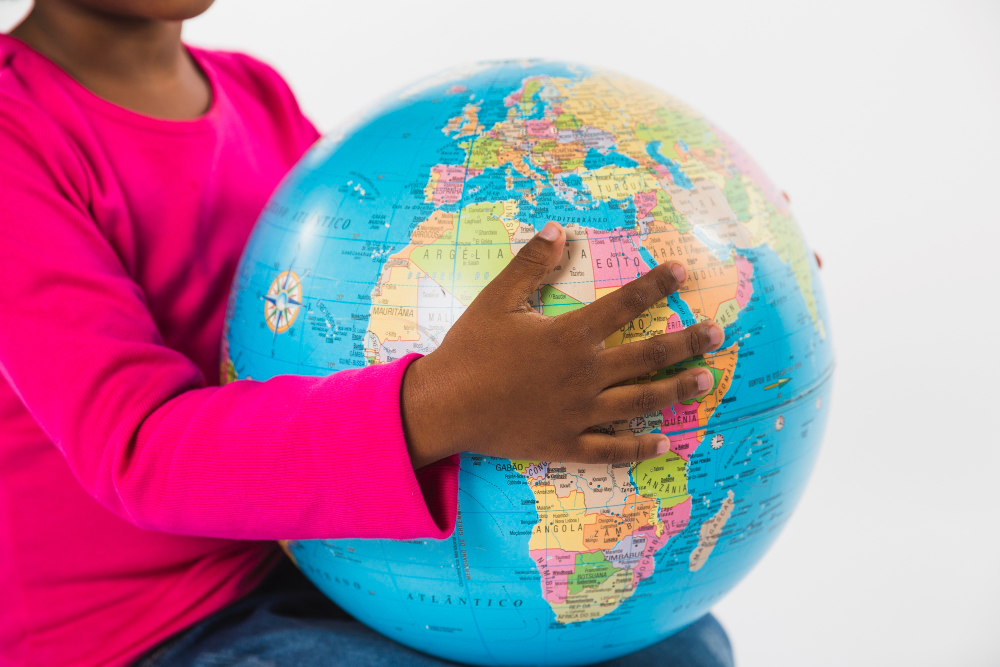Africa cannot realistically compete with the massive capital and computing resources driving frontier AI research in the United States and China, and it does not need to do so.
Instead, Nicholas Okumu contends, the continent’s AI strategy should pivot toward building efficient, practical systems tailored to local needs, from healthcare triage tools in referral hospitals to agriculture, education and public finance solutions grounded in African contexts.
Large, resource-intensive models require infrastructure and ecosystems that most African nations cannot marshal, but smaller, efficient models can perform high-value, domain-specific tasks on ordinary hardware.
Drawing on events from innovation forums and real-world examples, the columnist argues that Africa’s historical experience of innovation under constraint positions it well to lead in relevant, efficient AI applications rather than replicating the ambitions of frontier labs.
The article outlines a three-phase pathway: first, building foundational datasets governed by national or regional frameworks; second, deploying AI where it can deliver transformative value; and third, scaling successful tools to regions with similar development constraints.
If this strategy is followed, the piece argues, African-designed AI systems, particularly those that work well in low-resource environments, could become globally valuable.
Would you like to learn more about AI, tech and digital diplomacy? If so, ask our Diplo chatbot!









